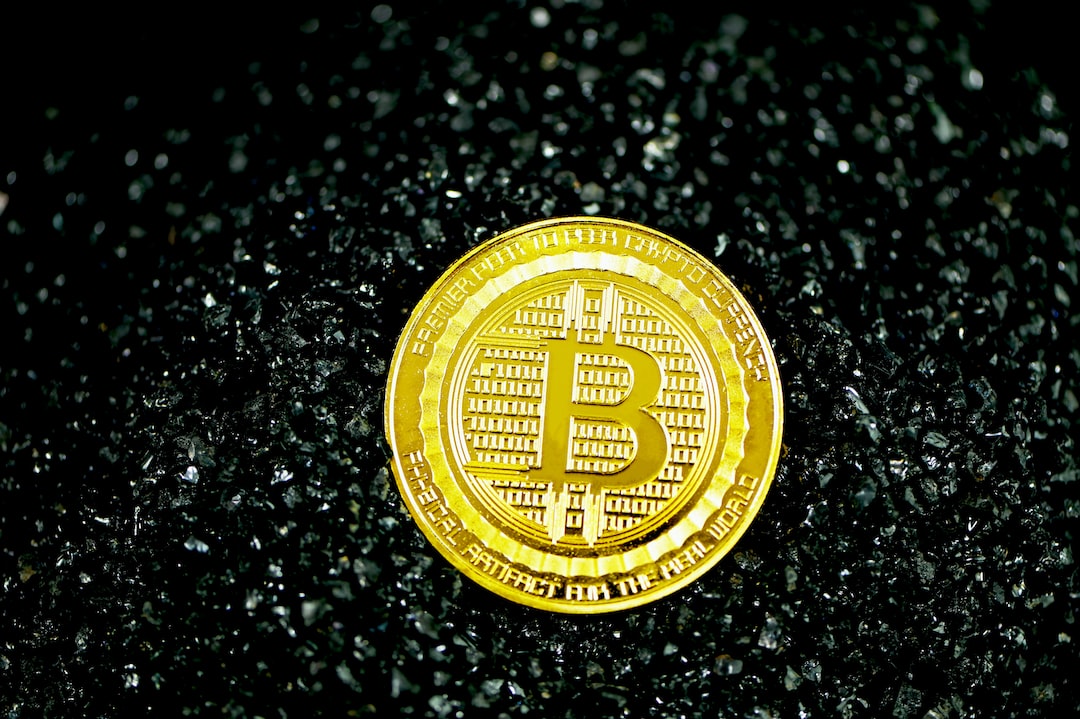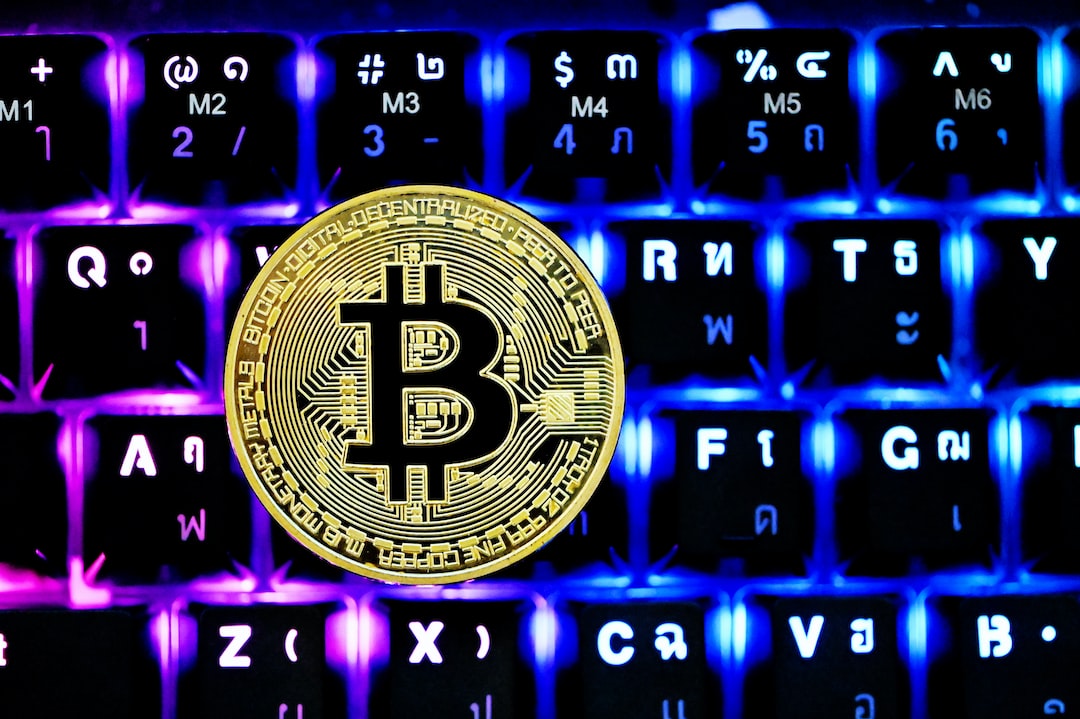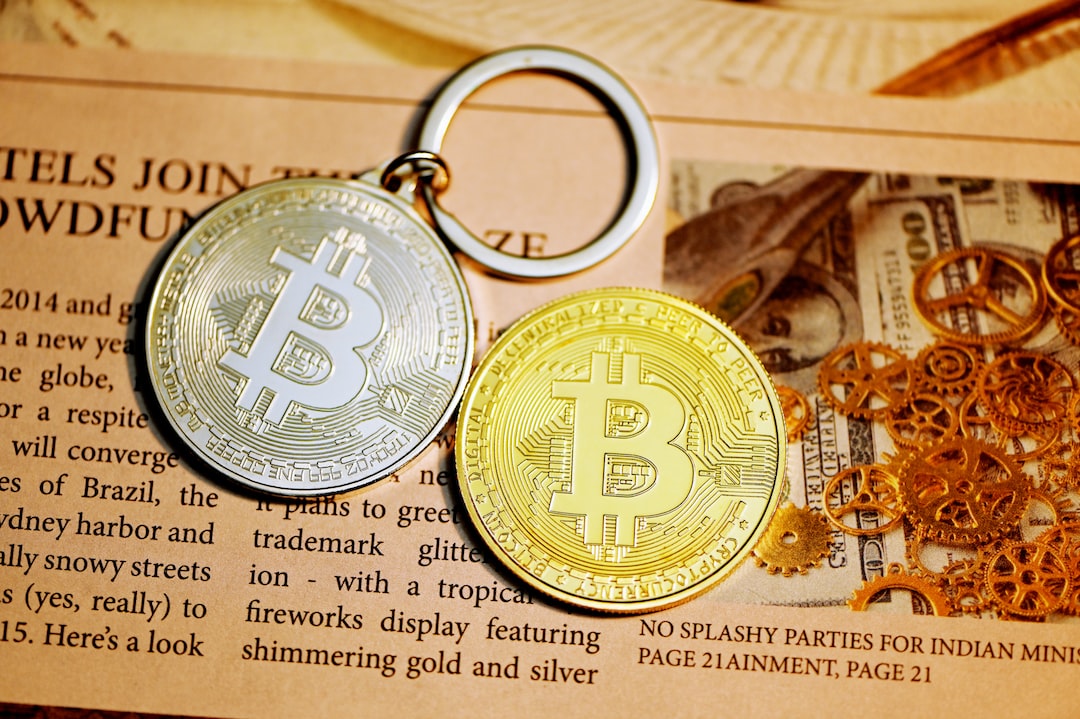F2pool Admits Compliance with OFAC Sanctions
F2pool, one of the largest Bitcoin mining pools globally, has acknowledged that it filtered transactions from addresses flagged by the Office of Foreign Assets Control (OFAC). The co-founder of F2pool, Chun Wang, admitted to applying a compliance filter for these transactions. This revelation came after a Bitcoin developer, 0xB10C, conducted an investigation into certain transactions to determine if they were intentionally filtered or if there were other reasons behind it.
The investigation focused on six transactions from OFAC-flagged addresses, concluding that four of them were likely filtered by F2pool. However, the remaining two transactions may have been excluded due to different factors. According to 0xB10C, this suggests that F2pool is currently filtering transactions.
Wang’s Initial Response and Community Backlash
In response to 0xB10C’s post, Wang initially explained the reasons behind F2pool’s application of the OFAC transaction compliance filter. In a now-deleted tweet, Wang expressed his refusal to confirm transactions involving criminals, dictators, and terrorists. He also criticized others in the industry for prioritizing money over principles.
However, Wang’s stance received backlash from the community. Users pointed out that the hashrate in F2pool was not controlled by Wang and accused him of imposing his values on others.
Backpedaling and Future Plans
Following the community backlash, F2pool eventually backpedaled on its decision to filter transactions. In another since-deleted post, Wang announced that they would disable the transaction filtering patch until a more comprehensive consensus is reached within the community.
Hot Take: F2pool’s Controversial Filtering of Transactions
F2pool’s admission of filtering transactions from OFAC-flagged addresses has sparked controversy within the crypto community. While some argue that filtering transactions involving criminals and terrorists is justified, others believe that censorship-resistant protocols should be designed to prevent individual participants from censoring transactions. The incident highlights the ongoing debate over censorship, compliance, and the role of mining pools in shaping the decentralized nature of cryptocurrencies.





 By
By
 By
By
 By
By
 By
By
 By
By
 By
By